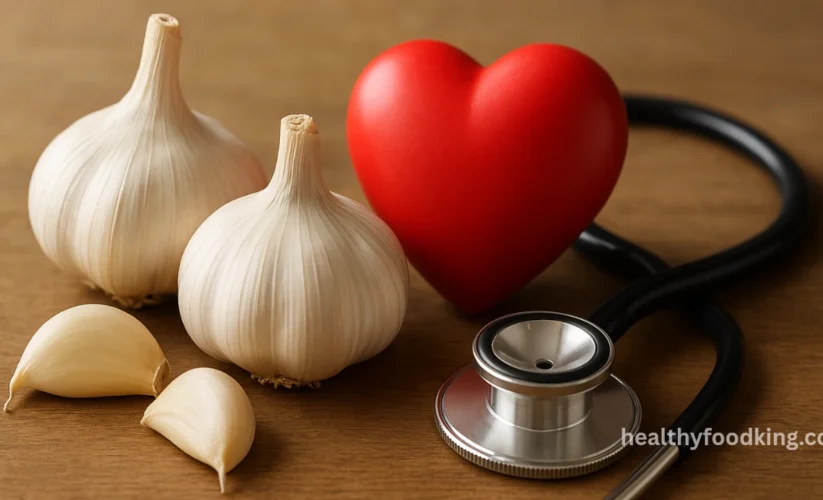
Late-Night Eating and Weight Gain: What Science Really Says
Many people enjoy having snacks after dinner, such as chips, dessert, or leftovers. The question that normally comes to mind is: Does late-night eating lead to weight gain? It is said to add fat directly by some people, and doctors claim that it is more complex—the timing, amount, and choice of food matter.

What Science Says About Night Eating
It is found that late eating can have an impact on metabolism as well as digestion. The body clock, or circadian rhythm, controls energy processing. Metabolism is slower at night, and therefore fewer calories are burned as compared to daytime.
Certain researches indicate that individuals who are late eaters tend to have excessive body fat, poor cholesterol, and abnormal blood sugar. Scientists, however, point out that weight gain depends more on the overall number of calories and activity than it does on meal timing.
Why Night Snacks May Lead to Weight Gain
Eating late is associated with weight gain as a result of the following reasons:
- Extra Calories: People tend to consume high-calorie foods such as pizza or desserts as opposed to fruit or salads. These introduce extra calories that are not needed.
- Bad Sleep: Eating rich food before bedtime can make you feel uncomfortable, and thus, it interferes with your sleep. Obesity is also associated with poor sleep.
- Slower Digestion: The body is getting ready to sleep at night. Late eating also inhibits digestion, resulting in the storage of fat.
- Thoughtless eating: Late-night snacking can occur when we are on TV or browsing on the phone and end up overeating without noticing.
Does Timing Matter More Than Calories?
Researchers conclude that overall calories and diet quality are more important than eating time. As an example, an individual who consumes fewer calories in general and has a late supper might not gain weight. Conversely, a person who frequently has snacks at the end of the night stands a better chance of becoming overweight.
Nevertheless, the timing has an impact on body functions. Research on shift workers indicates that unconventional meal times can increase the risk of obesity, diabetes, and heart disease. Although late eating is not bad once in a while, it can have adverse effects on long-term health when habitual.
Healthy Tips to Avoid Night-Time Weight Gain
Here is some expert advice on how to deal with frequent hunger at night:
- Prepare Your Supper: A well-balanced supper will keep you satisfied longer with protein, fiber, and healthy fats.
- Select Light Snacks: When you have no option but to snack, ensure that you eat yogurt, fruits, nuts, and herbal tea instead of fried or sugary foods.
- Drink lots of water: It is easy to confuse thirst with hunger. Consuming water helps to curb cravings
- Have a Cut-Off Time: Don’t eat 2-3 hours before bed to allow your body time to digest.
- Keep a Sleep Routine: Sleep helps to decrease late-night hunger and maintain a healthy metabolism.
The Bottom Line
Weight gain is not an automatic result of eating late at night. The most important is the kind of food, the number of calories that are consumed, and the lifestyle habits. When an unhealthy choice of snacks is made regularly at night, it can lead to an increased risk of obesity and health complications.
To have a healthy lifestyle, remember about balanced meals, limitation of portions, and good sleep. Late-night meals will not hurt you now and then, but they should not be something that you do daily, since it will compromise your health in the long run.
Disclaimer:
This article shares general information on late-night eating and weight. It is not medical advice. Please consult a doctor for guidance.






